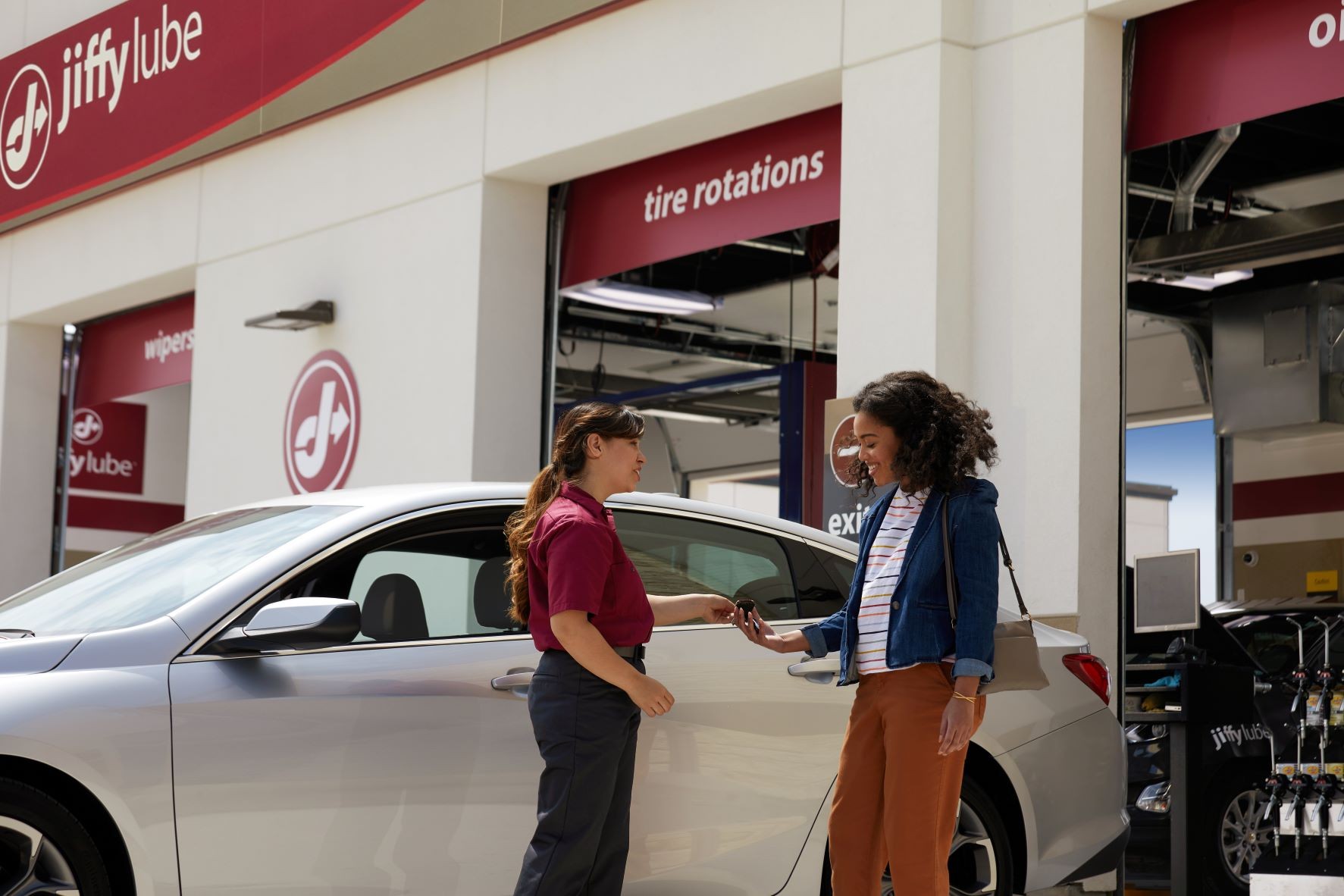Modern vehicles are marvels of engineering, packed with sophisticated computer systems that control everything from the engine to the brakes. When something goes wrong, these systems often provide early warnings, making car diagnostic tests invaluable. But if your check engine light illuminates or you notice performance issues, you might be asking: “Where can I get a car diagnostic test?” This guide will explore your options, helping you make the best decision for your vehicle and your peace of mind.
Understanding Car Diagnostic Tests and Why They Matter
A car diagnostic test is essentially a digital health check for your vehicle. It involves connecting specialized equipment to your car’s computer to read data from various sensors and systems. This process can identify malfunctions in your engine, transmission, braking system, and more, often before these issues become major and costly repairs.
How does it work?
When you bring your car in for a diagnostic test, a technician will typically:
- Connect a diagnostic scanner: This tool reads the Diagnostic Trouble Codes (DTCs) stored in your car’s computer.
- Analyze the data: The DTCs and other data reports provide insights into potential problems.
- Pinpoint the issue: By interpreting the data, technicians can efficiently identify the source of the problem, whether it’s a faulty sensor, a misfiring engine, or another issue.
 Woman talking with a Jiffy Lube technician about her car diagnostic test
Woman talking with a Jiffy Lube technician about her car diagnostic test
Alt text: Car owner discussing diagnostic test results with a Jiffy Lube technician, highlighting accessible car service options.
Your Options for Car Diagnostic Tests: Where to Go?
When you need a car diagnostic test, you have several options, each with its own advantages and considerations:
- Local Auto Repair Shops: Independent repair shops are a readily available option for diagnostic services. They often offer personalized service and can handle a wide range of vehicles and issues. Look for shops with certified technicians and positive customer reviews.
- Dealerships: Dealerships are experts in specific car brands. They have specialized tools and training for those makes, which can be beneficial for complex diagnostic issues, especially in newer vehicles. However, dealership services can sometimes be more expensive.
- National Auto Service Chains (like Jiffy Lube): For convenient and reliable diagnostic services, national chains like Jiffy Lube are excellent choices. They offer standardized services, often at multiple locations, making it easy to find a service center nearby. Technicians at these locations are trained to perform diagnostic tests efficiently and provide clear explanations of any issues found.
- DIY Diagnostic Tests (with caution): If you are technically inclined, you can perform a basic diagnostic test at home using an OBD-II scanner. These scanners are available for purchase online or at auto parts stores. However, DIY tests are limited. While they can read DTCs, interpreting the data accurately and performing further in-depth analysis often requires professional expertise. It’s generally recommended to seek professional help for a comprehensive and reliable diagnostic assessment.
- Auto Parts Stores (for basic scans): Some auto parts stores offer free basic DTC scans. This can be a quick way to get an initial code reading when your check engine light comes on. However, these free scans are typically very basic and might not provide the detailed analysis needed to accurately diagnose complex problems. Always verify if this service is indeed free and understand its limitations.
When is a Car Diagnostic Test Necessary?
A car diagnostic test isn’t a routine maintenance item like an oil change or tire rotation. Instead, it’s a valuable tool used in specific situations:
- Check Engine Light or Warning Lights: The most common reason for a diagnostic test is when your Malfunction Indicator Light (MIL), commonly known as the check engine light, illuminates. Any dashboard warning light can signal a problem that a diagnostic test can help identify.
- Drivability Issues: If you experience any changes in how your car drives, a diagnostic test can be beneficial. This includes issues like:
- Rough idling
- Stalling
- Hesitation during acceleration
- Unusual noises
- Decreased fuel efficiency
- During Routine Maintenance (Comprehensive Check-up): Some vehicle owners opt for a diagnostic test as part of a comprehensive maintenance check, even without apparent issues, to proactively identify potential problems. Refer to your vehicle owner’s manual for recommended maintenance schedules.
Understanding the Cost of a Car Diagnostic Test
The cost of a car diagnostic test can vary depending on several factors:
- Type of Service Provider: Dealerships might charge more than independent shops or national chains.
- Complexity of the Issue: A basic scan to read a DTC is generally less expensive than in-depth analysis and troubleshooting for complex problems.
- Location: Labor rates vary by region, influencing overall costs.
Initial diagnostic costs are usually similar across different vehicle makes and models. Basic scans can be quite affordable, and as mentioned, some auto parts stores may offer a free DTC scan. However, remember that the initial diagnostic test is just the first step. If the test reveals problems requiring further investigation or repairs, the overall cost will increase.
Always ask for a written estimate before proceeding with any diagnostic service or repairs. Clarify what the diagnostic fee includes and what steps will be taken if further investigation or repairs are needed.
Choosing the Right Place for Your Car Diagnostic Test
Selecting the right place for your car diagnostic test depends on your priorities:
- Convenience and Accessibility: National chains like Jiffy Lube offer numerous locations and convenient scheduling.
- Brand Expertise: Dealerships specialize in specific makes, offering in-depth knowledge for those brands.
- Personalized Service and Potentially Lower Costs: Independent shops can provide tailored service and competitive pricing.
- Basic, Free Scan (for initial check): Auto parts stores offer a quick, free initial scan but with limited depth.
Ultimately, the best choice is a service provider you trust to accurately diagnose your vehicle’s issues and provide reliable repair recommendations. Whether you choose a local mechanic, a dealership, or a national chain like Jiffy Lube, ensure they have experienced technicians and a commitment to transparent service. By understanding your options for “where can I get a car diagnostic test,” you can confidently address any vehicle concerns and keep your car running smoothly.

